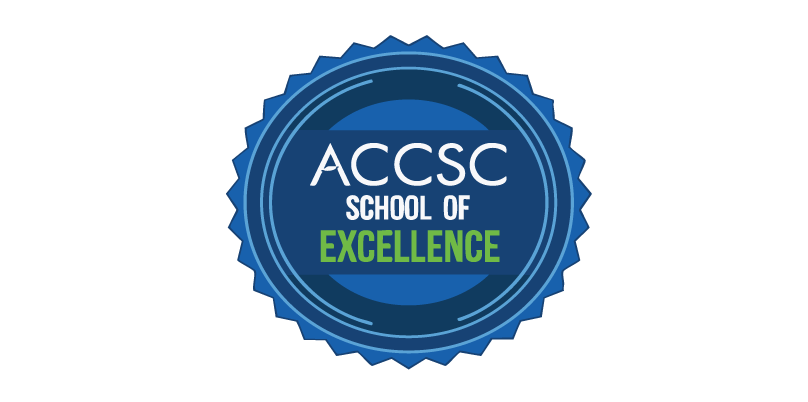When I became a paralegal in 1984, it was very common for paralegals to sit at their desks all day with their headphones on and type a variety of documents such as motions, pleadings, and correspondence, dictated by an attorney via the Dictaphone. The role of the paralegal has since evolved from secretarial typists or transcribers to highly qualified staff members who perform a variety of tasks to support lawyers, including maintaining and organizing files, conducting legal research, and drafting documents.
Since the paralegal profession has evolved to include more substantive legal work, those wishing to become a paralegal usually seek formal training to gain the legal knowledge necessary to work alongside an attorney. But in order to really excel in the paralegal profession, there are several characteristics and skills that are important to possess and develop in addition to legal knowledge. After working as a paralegal, I went to law school and became an attorney and employer of paralegals, so I’ve seen first-hand the characteristics and skills that make a paralegal exceptional. Here are 5 things that every attorney expects from his or her paralegal:
1. Punctuality & Attendance
Attorneys’ expectations are often very simple – be present and on time. Should any extreme circumstances arise that cause one to be absent or late, you must call and let your attorney know. Being late can wreak havoc on an attorney if they need you to be in the office. When I was an attorney, I recall one time I was in court and needed some information; however, much to my dismay and frustration, calling my office every five minutes didn’t make my paralegal magically appear at her desk.
Attendance and punctuality are some of the simplest yet most important things a paralegal can achieve in a job. Punctual paralegals with outstanding attendance are indispensable to an attorney.
2. Communication Skills
Paralegals need to be good communicators, constantly developing both their written and verbal skills. Writing skills are vital to a paralegal’s success. When writing petitions, briefs, and even business letters, paralegals must be able to write properly structured sentences and utilize correct spelling, punctuation, and grammar. It is imperative that paralegals proofread their work, use spell check, check for grammatical errors, and focus on proper writing techniques.
Excellent verbal skills will also help a paralegal communicate effectively, and will cut down on 
Not only is it important for paralegals to communicate well with their attorneys, but let’s not forget about the clients. Paralegals can assist their attorneys by mastering the kind of communication that clients appreciate, answering and making phone calls, sending copies of documents, and answering emails.
3. Language Skills
Attorneys expect paralegals to know general legal terms that are commonly used, such as depositions, interrogatories, and requests for admissions in all areas of law. The legal profession is full of written materials which require paralegals to continuously expand their vocabulary. A dictionary can be advantageous to a paralegal in learning to master both the English language and the language of law.
4. Organizational Skills
Organizational skills are paramount to being an effective paralegal. They facilitate a paralegal’s ability to create and manage calendar systems, track court dates, and meet filing deadlines. Additionally, legal research materials, such as case law, must be organized in a method that they can be easily navigated and retrieved. Documents in a legal case are useless unless they are properly filed and indexed so the documents may be pulled quickly and easily at any time.
5. Technology skills
Today’s most sought-after paralegal skills are technology skills. Employers do not want to teach you how to use a computer. It is expected that a paralegal will know how to operate and navigate a computer and legal software proficiently. In addition, litigation support and e-filing are becoming commonplace in the legal field. It’s important during your paralegal training and on the job to learn to use various paperless court filing systems and be able to successfully file and manage documents online.
It takes more than just legal knowledge to be an excellent paralegal. It takes hands-on skills and an organized and reliable personality. Many of the skills listed above can be developed and worked on during your paralegal education. Are you interested in developing your paralegal skills at Center for Advanced Legal Studies? We’re here to give you a competitive paralegal education complete with job-ready skills, and we’re committed to our students’ success.







